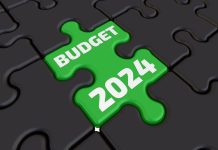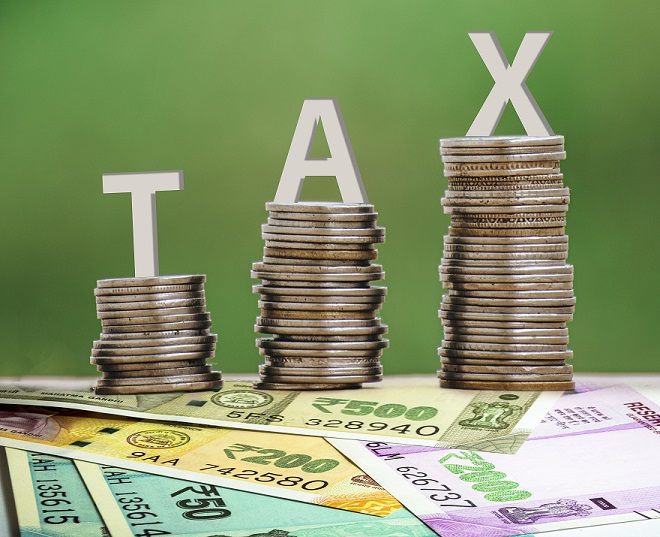
Finance Minister has unveiled the details of Rs 20 lakh crore economic package. It was expected that the fiscal cost of the stimulus package would be high. However, going by the details of the package, the estimated cost to the exchequer is in the range of Rs 1.5 to 2 lakh crore. A major chunk of the package amounts to the liquidity boosting measures by the RBI at Rs 8.04 lakh crore, which is around 40 percent of the total package. Other measures such as providing guarantee to loans to MSMEs and NBFCs won’t have a direct impact on the exchequer, for the time being.
The government has played it safely considering the weak fiscal position of the exchequer. The slowdown in the domestic economy got further accentuated with the economic shock from Covid-19. Both the central and state governments are facing a severe revenue crunch. For instance, GST collection for March fell sharply to Rs 28,309 crore compared to Rs 1.05 lakh crore in February. Though the release of April GST data has been deferred, tax collection for April would be much lower as the domestic economy was in a complete lockdown.
The fiscal deficit for FY21 was pegged at Rs 7.9 lakh crore, i.e. the difference between total receipts and total expenditure, which is 3.5 percent of the GDP. In the current scenario, the numerator will be much larger due the revenue shortfall. Similarly, the denominator for calculation of fiscal deficit as percentage will be smaller due to the slowdown in economic activities. The budget has estimated a nominal GDP growth rate of 10 percent for FY21.However, IMF has downgraded India’s GDP growth rate to 1.9 percent, and assuming an inflation rate of 4 percent, India’s nominal GDP growth rate would fall to 6 percent. Thus, fiscal deficit as a percent of GDP would settle at a higher figure. Government of India has even raised its gross market borrowing for FY21 from Rs 7.8 lakh crore to Rs 12 lakh crore to meet its revenue crunch.
In this background, economic package was designed in such a way to minimise the burden on the exchequer. The package focused mainly on supply side with limited focus on boosting demand. However, considering the nature of the crisis, more concrete measures are needed from the government. The measures announced in the package seems to be inadequate to tackle the current crisis.









